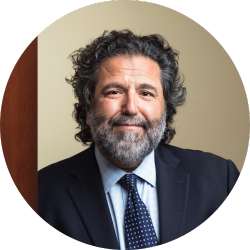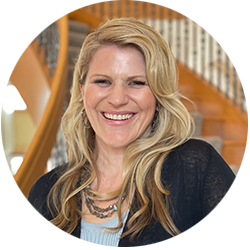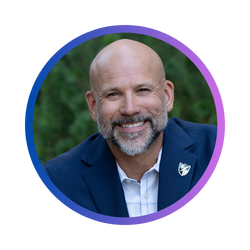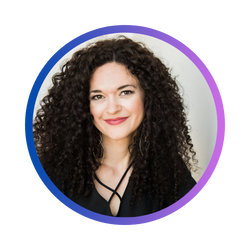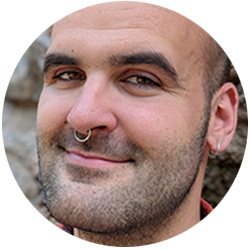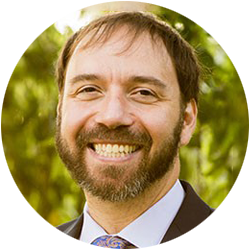Lifestyle Medicine for Therapists
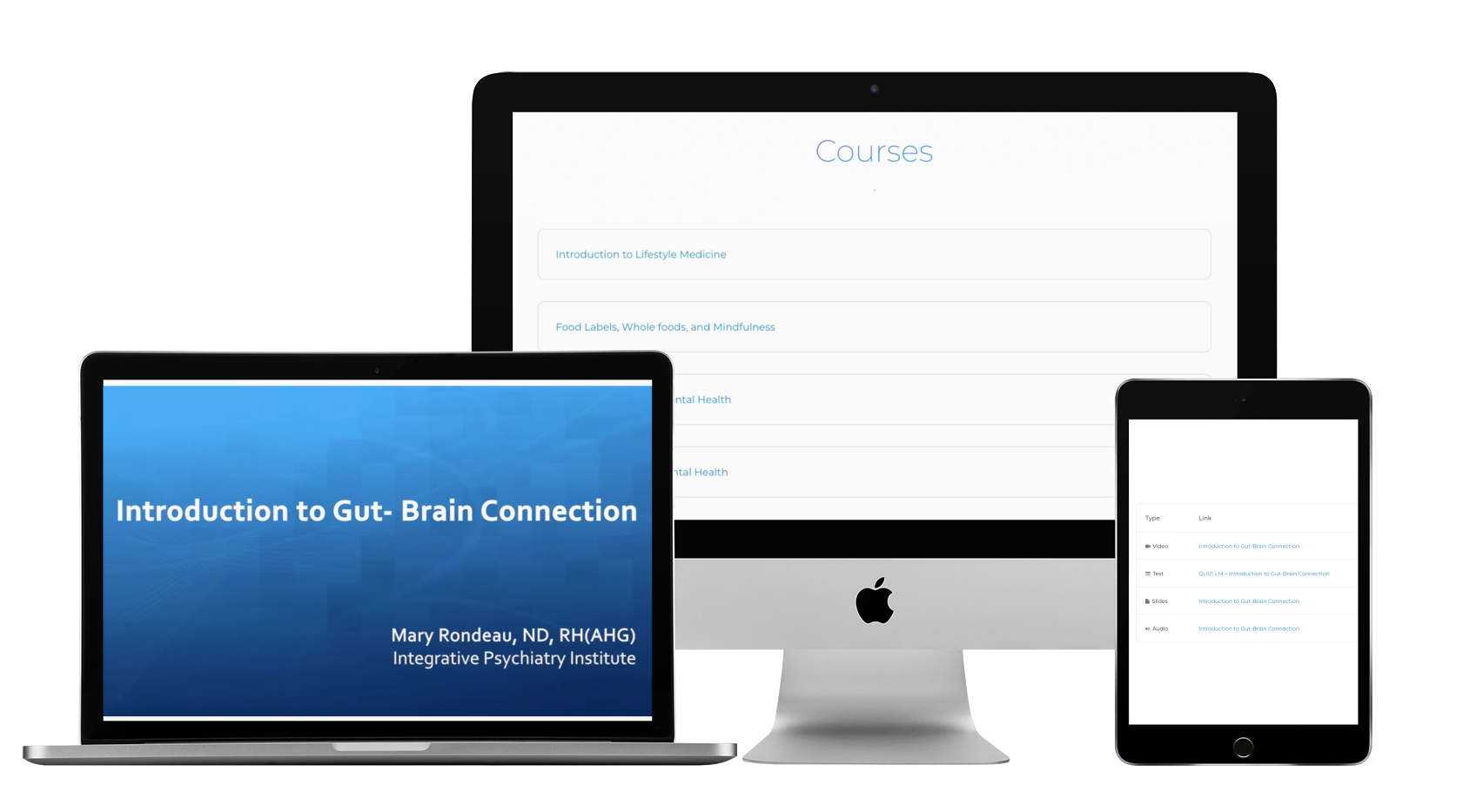
Here’s an overview of what you’ll learn during the training:
Understanding of the impact that nutrition has on mental health
Integrate basic lifestyle medicine approaches into your therapy practice
Guide clients in adopting healthier lifestyle behaviors that support mental well-being
Advise clients on the role of nutrition in mental health
If you want to take your practice to the next level of developing a holistic treatment plan this program is for you.
In a series of 16 highly-informative courses, you will learn how to…
Understand the core principles of lifestyle medicine and its impact on mental health
Integrate lifestyle medicine approaches into your therapy practice
Guide clients in adopting healthier lifestyle behaviors that support mental well-being
Employ evidence-based strategies to help clients manage stress, improve sleep, and increase physical activity
Advise clients on the role of nutrition in mental health and how to make improvements
Recognize signs of lifestyle-related issues that may impact a client’s mental health
Foster self-empowerment in clients, encouraging them to take active roles in managing their mental health through lifestyle modifications
Know when to refer out to nutrition, exercise and sleep specialists

This information-packed training includes the following 16 modules taught by integrative mental health experts:
Module 1:
Introduction to Lifestyle Medicine
- What is “Lifestyle Medicine”
- Dietary factors proven to impact mental health
- The role of lifestyle medicine in outcomes from therapy
Module 2:
Food Labels, Whole Foods, and Mindfulness
- Discuss the implications of the FDA term “Daily Values” for mental health
- Define FDA nutrient content claim terms from nutritional labels
- Discuss the application of the whole food-based diet and eating local
- Examine mindfulness around eating
- Identify the three body types and characteristics of each
Module 3:
Macronutrients and Mental Health
- Recite 3 categories of macronutrients and an example of each
- Explain why food colors matter in nutrition
- Explore balanced macronutrient diets
- Name 3 strategies for enhancing dietary fiber
Module 4:
Micronutrients and Mental Health
- Recite 3 food sources for b vitamins
- Recite 2 food sources of magnesium
- Understand the value of omega 3 fatty acids in the diet
- Give examples of the role of diet and micronutrients in mental health
Module 5:
Introduction to Gut-Brain Connection
- Discuss the role of gut brain connection
- Recite sources of prebiotics
- Explain food sources to support gut microbiome
- Discuss effects fiber and polyphenols on gut microbiome
- Understand supplement and dietary plans to support gut microbiome
Module 6:
Neurotransmitters and Phospholipid Membranes
- Describe roles of neurotransmitters as well as the roles of lipids in neurotransmission
- Understand the biochemical pathways for neurotransmitter synthesis and lipid metabolism, including precursors and cofactors involved
- Evaluate foods that are supportive of each neurotransmitter pathway
- Identify nutrients to use in order to support optimal neurotransmitter biochemistry and lipid metabolism
Module 7:
Pediatric Mental Health and Diet
- Discuss the role of a healthy diet in pediatric mental health
- Recite approaches to discussing macronutrients with pediatrics/adolescents
- Explain an approach to picky eating
- Discuss the effect of zinc deficiency and taste perception
- Implement nutrition probing questions into the intake with pediatric/adolescent populations
Module 8:
Mediterranean, Paleo and Gluten Free Diets in Mental Health
- Define characteristics of the Paleo and Mediterranean diets
- Identify mental health conditions benefiting from Mediterranean and Paleo diets
- Describe examples of Paleo and Mediterranean diets
Module 9:
Vegetarian and Vegan Diets
- Recognize the risks & the benefits of a vegan/vegetarian diet in the context of a patient presenting with mood and cognitive complaints
- Support patients who are making dietary modifications to support mental and cognitive health goals
- Recognize appropriate supplemental nutrient therapies to support mental and cognitive health in the context of a vegan/vegetarian diet
Module 10:
Getting Through To Your Clients: Meal Planning and Implementation
- Understand motivational interviewing for dietary recommendations
- Recite 3 strategies for saving time while increasing nutritional value of meals
- Explain importance of using diet record
- Name 3 strategies for enhancing dietary fiber
- List 5 ways to save money while improving nutritional content of meals
Module 11:
Basics of a Mental Health Food Plan
- Discuss the role of healthy diet in mental health
- Recite approaches to discussing macronutrients with clients
- Explain approach to incorporating nutrition support
- Discuss effect of balanced macronutrients on mood
- Create dietary plan to mental health
Module 12:
Integrative Approaches to Sleep (Part 1)
- Define sleep efficiency
- Describe the consequences of insomnia and poor sleep quality
- Describe the common sleep disorders seen in outpatient practice
- Explain how to screen for and evaluate common sleep disorders
Module 13:
Integrative Approaches to Sleep (Part 2)
- Explain how to use CBTi to reduce hyperarousal
- Describe how to implement sleep restriction
- Explain how lights affects sleep and circadian rhythm
- Describe the role of mind-body practices for sleep
- Explain common supplements used to improve sleep
Module 14:
Exercise and Mental Health: The Basics
- Explain resistance training and aerobic training
- Explore how each of these components relates to mental health, including:
- Symptoms related to anxiety, depression, and insomnia
- Attention deficit disorder
- Explain the consequences of fat deficiencies on outcomes for anorexia nervosa
- Explore current guidelines and recommendations
- Discuss common roadblocks to adherence
- Explore strategies for implementing exercise programs in a sustainable way
Module 15:
Mind/Body Exercise, Skill Acquisition, and Mental Health
- What is mind/body exercise or mindful movement?
- What is motor skill acquisition?
- The stages of motor learning
- Examples of skill based learning
- How can skill-based training segue into mindfulness?
Module 16:
Exploring Mind-Body Medicine
- Identify the broad field and subtopics of mind-body medicine
- Evaluate common behavioral tendencies from a mind-body integrated perspective
- Identify six common tendencies as described by ACT (Acceptance and Commitment Therapy) that may contribute to toxic stress/allostatic load if unrecognized and unaddressed
- Critique and self-care construct from the lens of sociocultural determinants to health
- Practice breathing, body awareness, values-based intention setting, and movement skills that carry potential to improve self-regulation processes
- Define and utilize an embodied/mind-body integrated model of ACT to oneself
Course Faculty
The faculty at the Integrative Psychiatry Institute is composed of the top-tier experts in their respective fields, teaching you the latest breakthroughs in integrative mental health care.

Mary Rondeau, ND
Mary Rondeau, ND is a registered naturopathic doctor, functional medicine specialist and registered herbalist. Mary has been involved in naturopathic medicine functional medicine since 2005. Her interest in plants and natural healing stemmed from upbringing in the mountains learning about folk remedies with her mother as a child. In 2010, she co-founded Wholeness Center which is the most innovative integrative mental health center in…

Nishi Bhopal, MD
Nishi Bhopal, MD is board certified in Psychiatry, Sleep Medicine, and Integrative Holistic Medicine. She is the founder and medical director of Pacific Integrative Psychiatry, an online practice in California where patients receive a whole-person approach to anxiety, depression, and sleep disorders, including nutrition, mindset coaching, psychotherapy, yoga and meditation, and integrative and functional medicine.
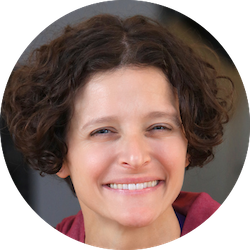
Jenn Pilotti, MA
Jenn is a personal trainer who has been training people full time since 2002. She received her Master’s degree in human movement from A.T. Still University in 2012 and opened her own training studio in 2013. Early in her career, she developed a special interest in working with clients who were more injury prone and had struggled in traditional exercise settings. Over the years, she has studied stress, neuromuscular techniques…

Matt Erb, PT
Matt Erb is a physiotherapist, originally trained at the University of Iowa, and currently based out of Tucson, Arizona. He serves as an Associate Clinical Director for The Center for Mind-Body Medicine, Washington D.C. He has a clinical physiotherapy practice with Simons Physical Therapy, Tucson AZ, that focuses on mind-body integrated care. Matt is also Founder of Embody Your Mind, specializing in high quality writing, teaching, and…

Will Van Derveer, MD
Will Van Derveer, MD is Co-Founder of Integrative Psychiatry Institute and Integrative Psychiatry Centers. Dr. Van Derveer was co-investigator on a phase 2 MAPS study of MDMA-assisted psychotherapy for treatment-resistant PTSD, and co-authored the publication of this study in 2018. He has also provided MDMA-assisted psychotherapy in two MAPS training studies. An active provider of KAP at his clinic in Boulder, CO, he has been…
While this program was ultimately designed to help you provide better care to your clients, it’s also an amazing resource for you as a provider.
Limited spots available

Earn Continuing Education (CE) Credits
14.75 CE hours will be offered for completion of this training.
Integrative Psychiatry Institute has been approved by NBCC as an Approved Continuing Education Provider, ACEP No. 7303. Programs that do not qualify for NBCC credit are clearly identified. Integrative Psychiatry Institute is solely responsible for all aspects of the programs.

Our Guarantee
Our commitment to supporting your learning and business growth journey
We understand that your time is valuable, which is why the program is self-paced with over 16 hours of lecture materials, slide decks, handouts and two full years of access!
You’ll gain a deeper understanding of the role that lifestyle interventions play in mental health, including evidence-based, personalized nutrition plans, exercise regimens, and even sleep habits.
And if you’re not happy with the program, you can get a full refund within the first 30 days from the date that you sign up. Simply reach out to our team, let us know what we could have done better, and your refund will be on its way.
Have more questions? [email protected]





















































